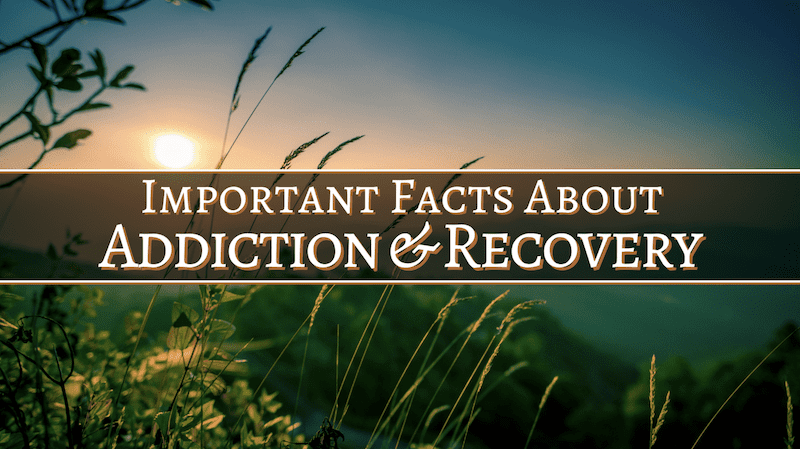A Holistic Approach to Addiction Recovery: Healing with Food and Gardens
Addiction recovery is a multifaceted journey, one that involves more than just abstaining from substance misuse. It's about healing the whole person — mind, body, and spirit. An emerging holistic approach to recovery combines the healing power of food and gardens, using nature as both a sanctuary and source of nourishment. This approach not only provides physical healing but also fosters emotional well-being, a sense of purpose, and a connection to the community.
A Holistic Approach to Addiction Recovery: Healing with Food and Gardens
Addiction recovery is a multifaceted journey, one that involves more than just abstaining from substance misuse. It's about healing the whole person — mind, body, and spirit. An emerging holistic approach to recovery combines the healing power of food and gardens, using nature as both a sanctuary and source of nourishment. This approach not only provides physical healing but also fosters emotional well-being, a sense of purpose, and a connection to the community.
Food for Recovery
The old adage, "you are what you eat," holds a particular truth in addiction recovery. A healthy diet can play a significant role in restoring physical health damaged by substance misuse. Nutrient-dense foods can help rebuild the body, replenish nutrient deficiencies, and enhance mood and mental health. For instance, complex carbohydrates can aid in stabilizing mood swings, while proteins rich in amino acids can assist in repairing body tissues and regulating neurotransmitters.
Gardens: Spaces of Refuge and Recovery
Gardens, specifically those designed for recovery, serve as therapeutic spaces where individuals can find solace and healing. Whether they're called meditation gardens, healing gardens, or recovery gardens, these sanctuaries provide a tranquil environment for introspection, relaxation, and therapeutic horticulture activities.
Gardens provide an opportunity to commune with nature, a crucial aspect of holistic healing. This interaction allows individuals to experience the calming and restorative benefits of nature, promoting mental and emotional well-being. A growing body of research indicates that gardening can reduce stress, anxiety, and depression — all of which are critical in addiction recovery.
Plants That Heal
Beyond their nutritional benefits, many garden plants possess healing properties. Herbs like chamomile and lavender can aid in relaxation and sleep, while others like St. John's Wort and lemon balm may help alleviate depression. The act of caring for these plants also provides therapeutic benefits, instilling a sense of responsibility, nurturing, and achievement.
Moreover, the non-judgmental nature of plants offers a comforting presence for those in recovery. Plants don't discriminate or stigmatize; they grow and thrive with proper care, providing a sense of accomplishment and reinforcing the healing process.
Recovery Gardens: Building Community and Skills
Community gardens, particularly those involved in recovery programs, create a shared space for learning, growth, and camaraderie. These gardens foster a sense of purpose and community among participants, crucial factors in preventing relapse and promoting long-term recovery. They provide a supportive and understanding environment where individuals can work towards common goals and celebrate shared successes.
Community gardens also offer an invaluable opportunity to learn new skills. Many urban dwellers, particularly city kids, have never seen a vegetable plant, let alone a garden. Learning to grow food and care for a garden not only imparts practical knowledge but also encourages self-efficacy and a newfound appreciation for nature and fresh food.
Plants as Medicine
The use of plants as medicine has been a fundamental practice in many cultures throughout history. In the context of addiction recovery, herbal medicines can complement traditional treatments, providing natural means to manage symptoms and promote overall well-being. However, it's important to note that the use of medicinal plants should be supervised by a healthcare professional to ensure safety and effectiveness.
Integrating food and gardens into addiction recovery represents a holistic approach that addresses both physical and emotional healing. It highlights the profound power of nature in fostering well-being, promoting personal growth, and building community. As more recovery programs incorporate these holistic practices, they not only aid individuals in their journey towards recovery but also cultivate a deeper understanding and appreciation of our relationship with nature.



.png)
.png)
.png)

.png)